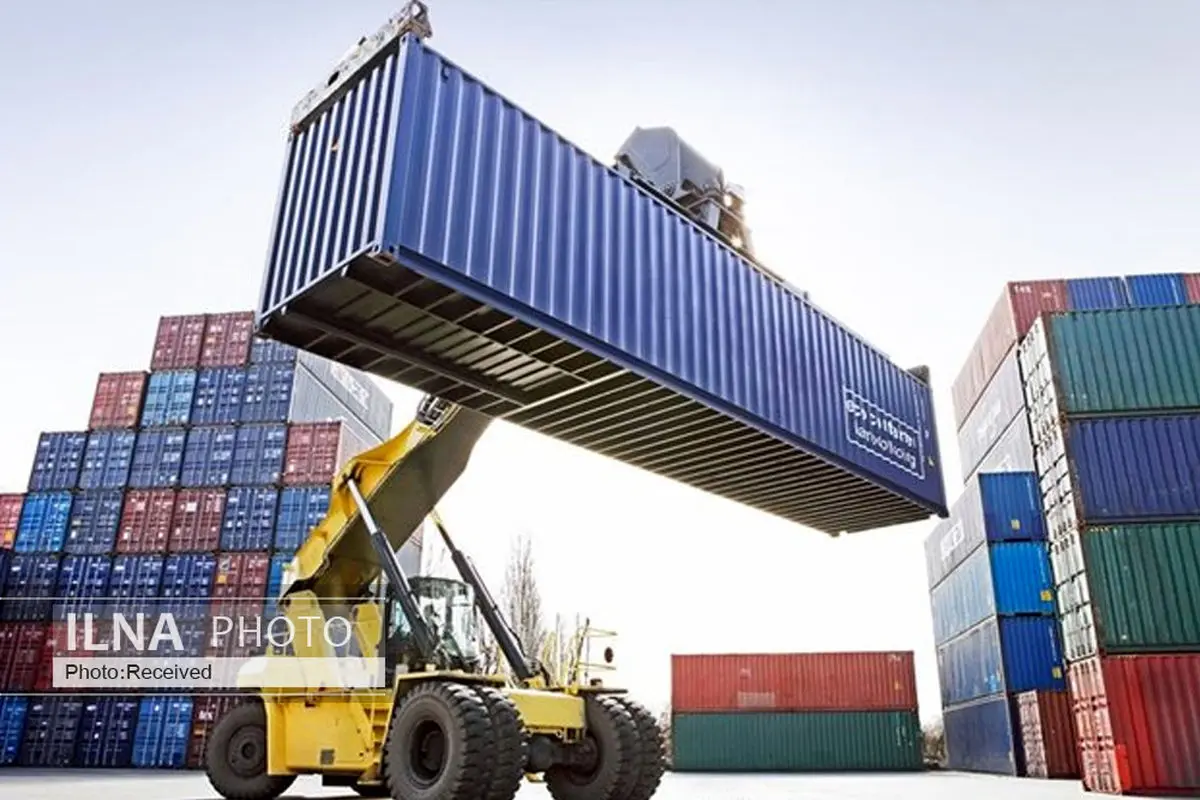‘Iran targets $3 billion in annual trade with Africa by 2025’

The government of Iranian President Ebrahim Raisi aims to reach a minimum of $3 billion in annual trade with Africa by 2025, says an Iranian official.
Alireza Peyman-Pak, the deputy minister of Agriculture Jihad and former head of the Trade Promotion Organization, made the remarks in an interview with the Iran Economy newspaper, which was published on Saturday.
He discussed President Raisi’s recent visits to Kenya, Uganda, and Zimbabwe, and said the visit to Africa-- the first of its kind by an Iranian president in 11 years -- will have a positive impact on bilateral relations, especially on economic ties.
Peyman-Pak noted that in previous governments, Iran’s trade volume with Africa was less than $500 million, but the Raisi administration has successfully increased it to $1.2 billion.
President Raisi's recent visit to Kenya, Uganda, and Zimbabwe marks the beginning of a new phase of economic and trade cooperation between Iran and Africa, the official said.
The potential for collaboration in various sectors -- particularly in petrochemicals, construction, healthcare, tourism, raw materials, and agricultural products-- presents opportunities for the private sector to benefit from Africa’s resources and contribute to Iran’s economic growth, he noted.
Regarding President Raisi's visit to Kenya, Peyman-Pak underscored the country's strategic position as the gateway to East Africa and its bustling port of Mombasa, saying efforts have been made to establish regular shipping routes between Iran’s southern port city of Bandar Abbas and Mombasa.
Raisi’s discussions also focused on enhancing agricultural cooperation and promoting exports of petrochemical products and bitumen from Iran to Kenya, he added.
Peyman-Pak noted that agriculture was a dominant topic during the president's visit to Uganda due to the country's abundant water resources.
By utilizing Uganda's capacity for extra-territorial cultivation, Iran can import agricultural products more efficiently and at better prices, thereby ensuring food security, he said.
In the case of Zimbabwe, Peyman-Pak highlighted its substantial mineral resources and the potential for collaboration. During the president's visit, agreements were reached in the mining sector, he added.
Additionally, a memorandum of understanding was signed in the field of tractor assembly, with the necessary infrastructure in place, the deputy minister said.
